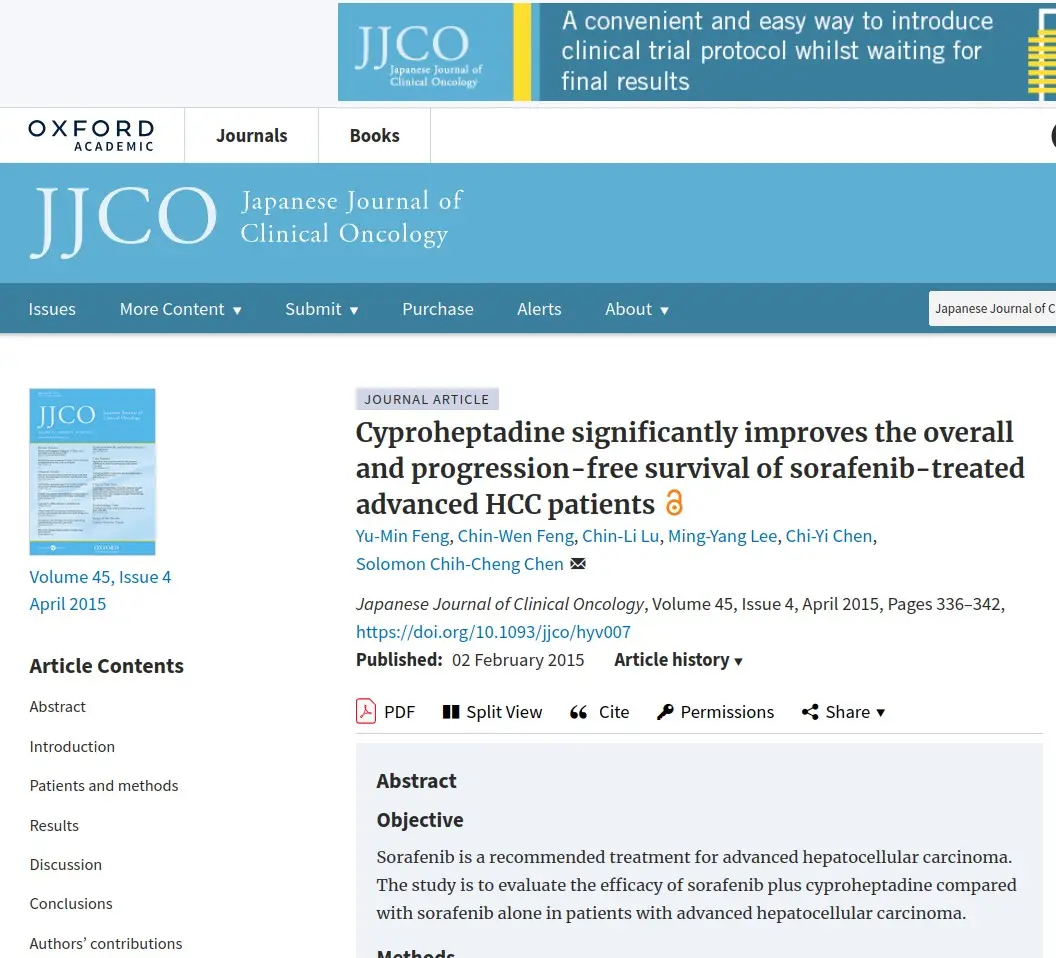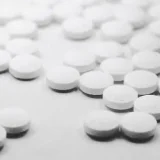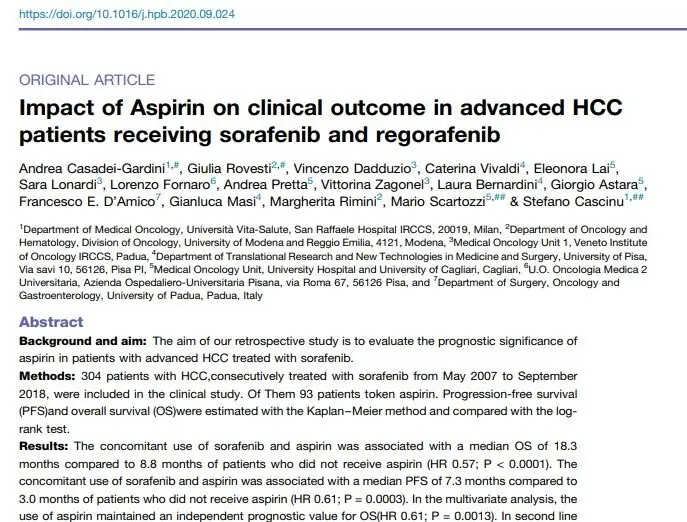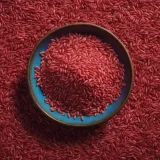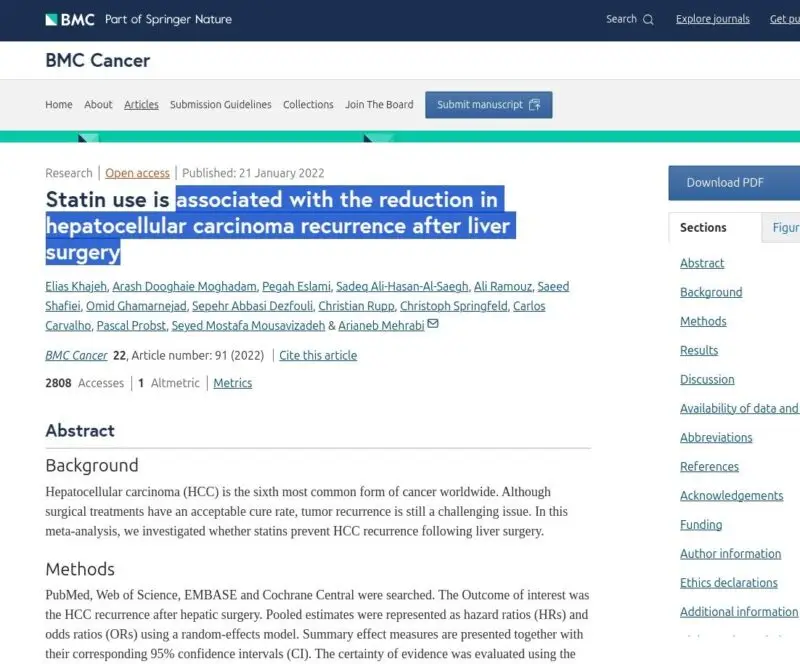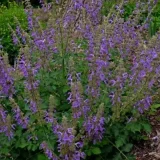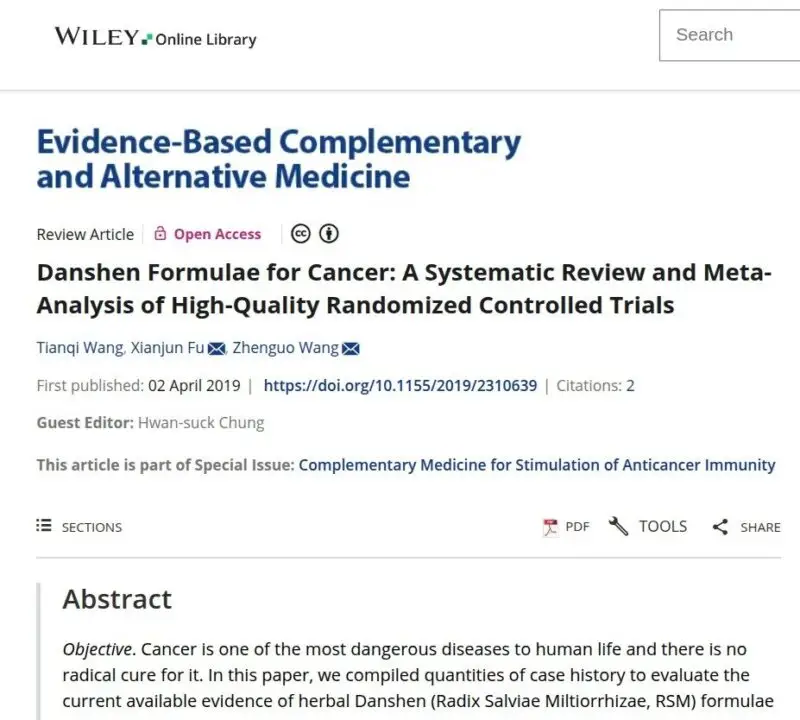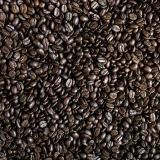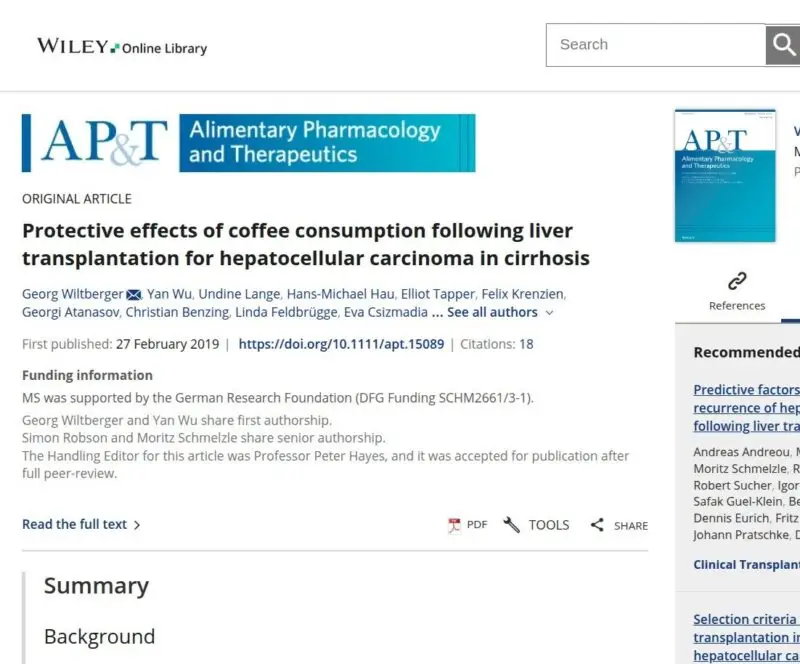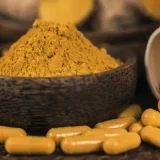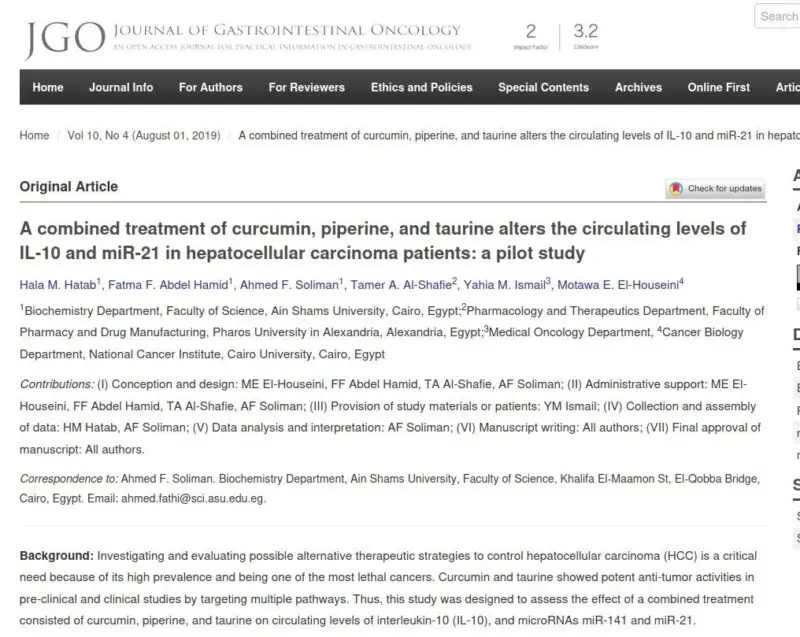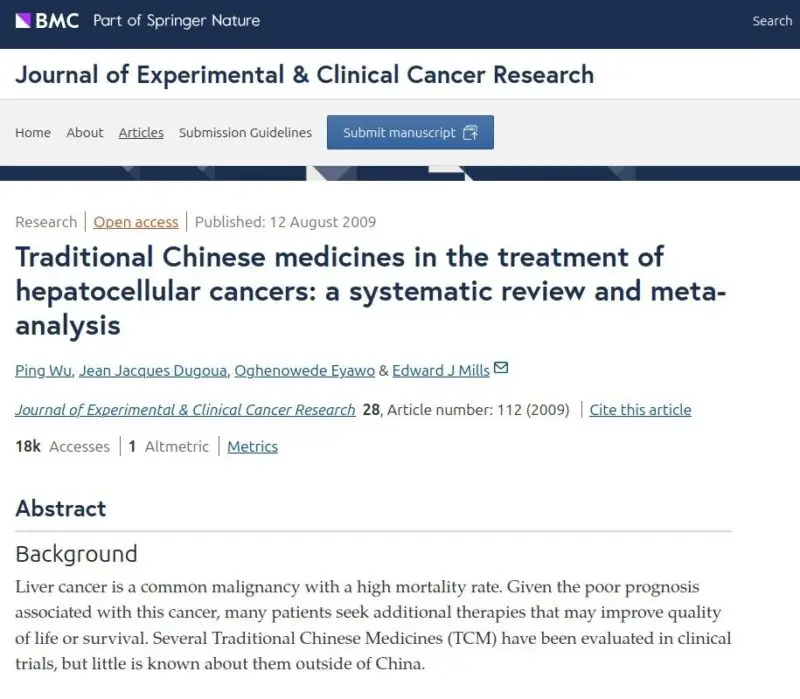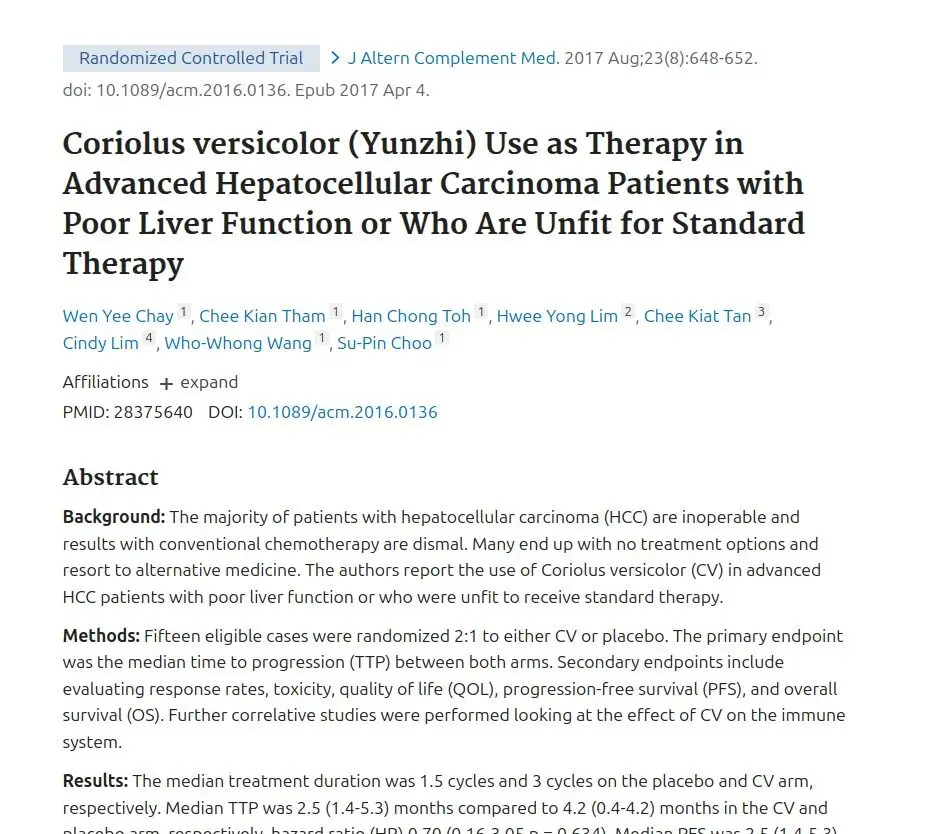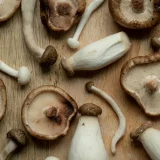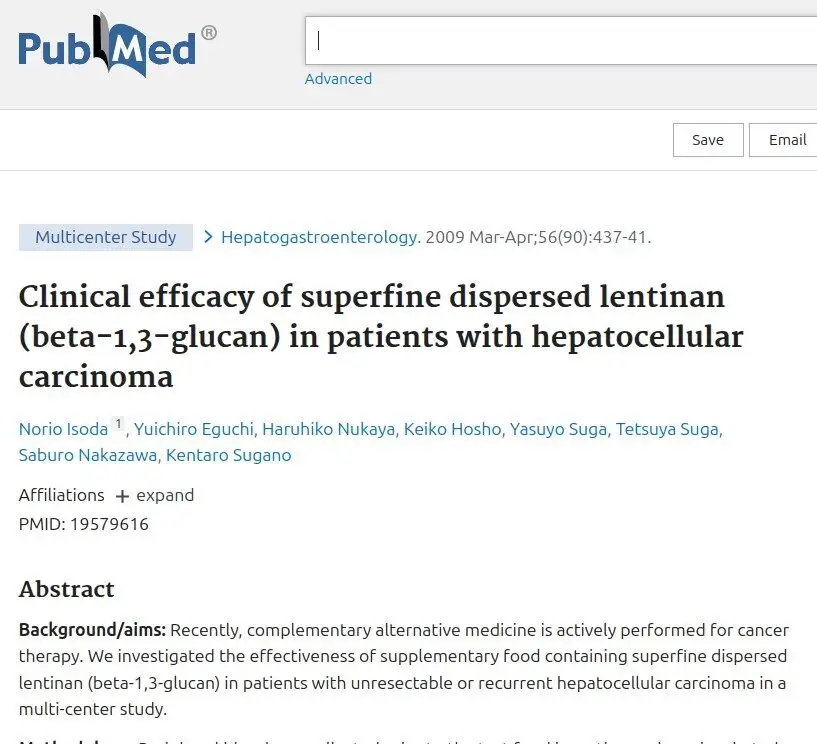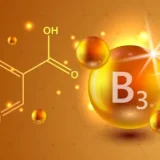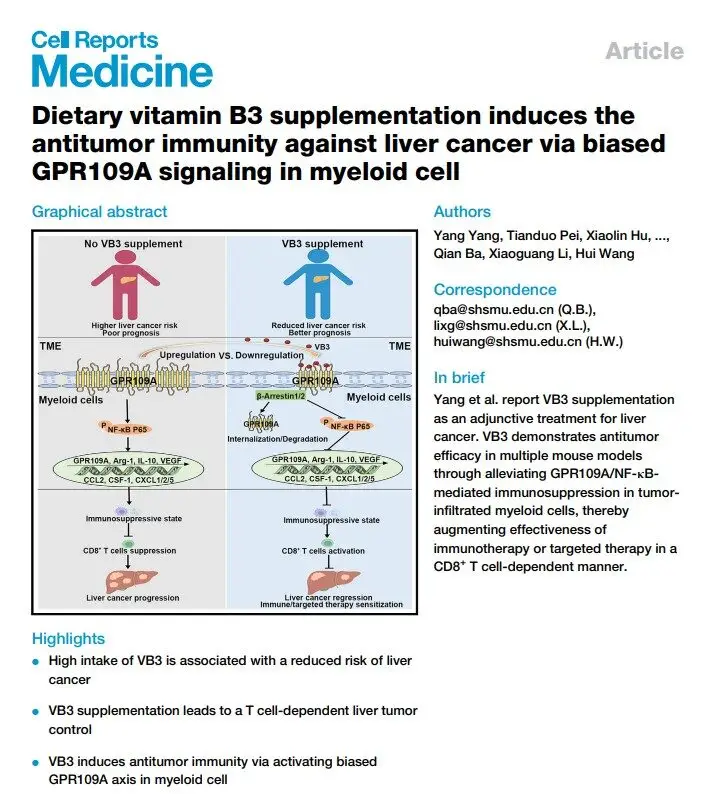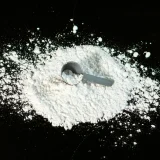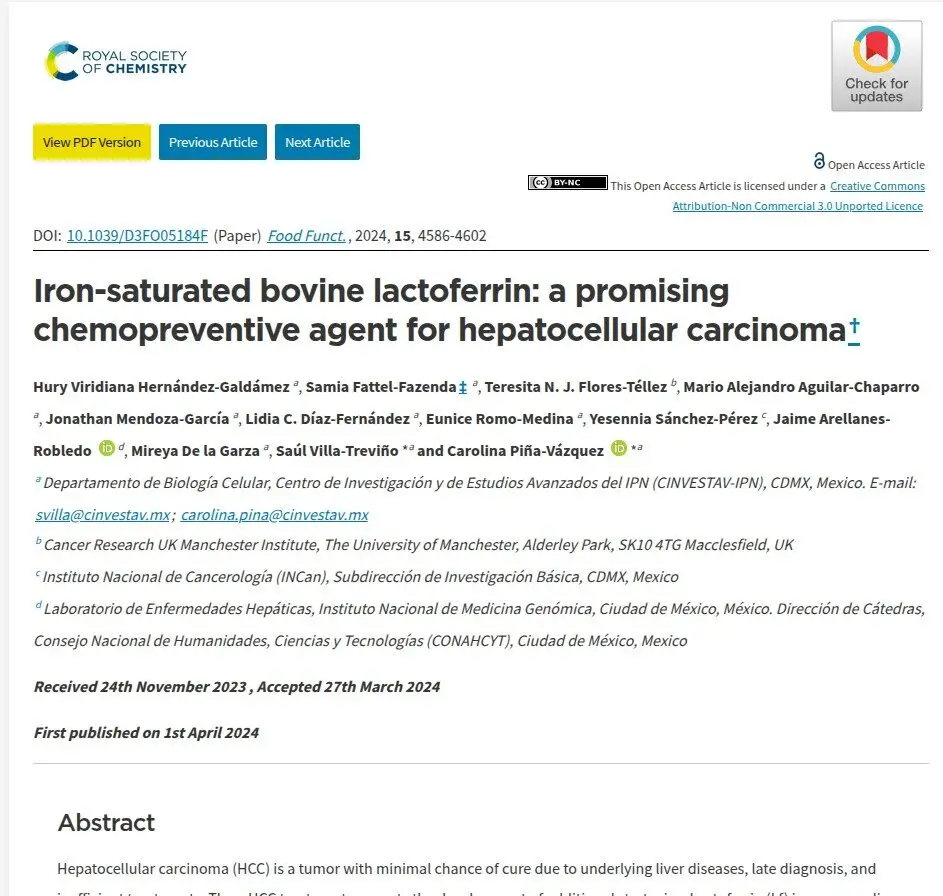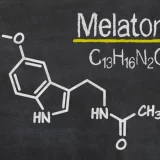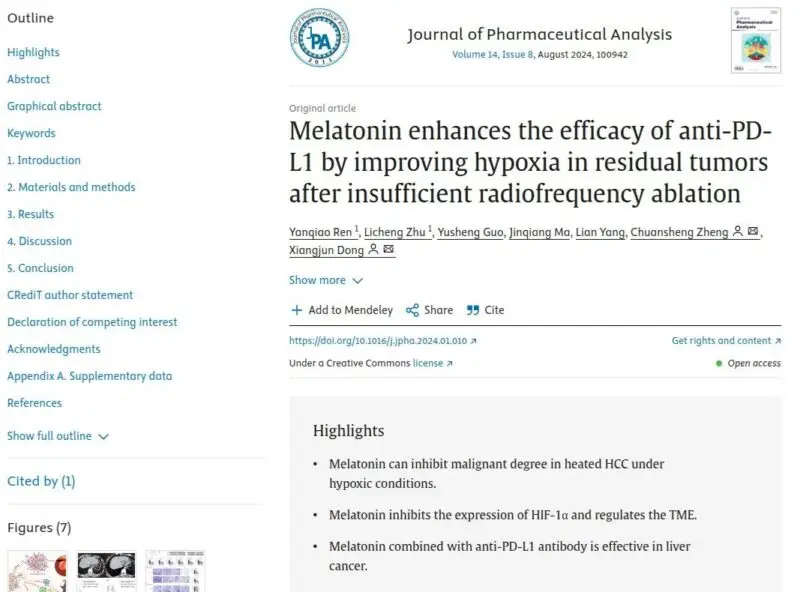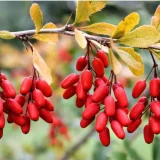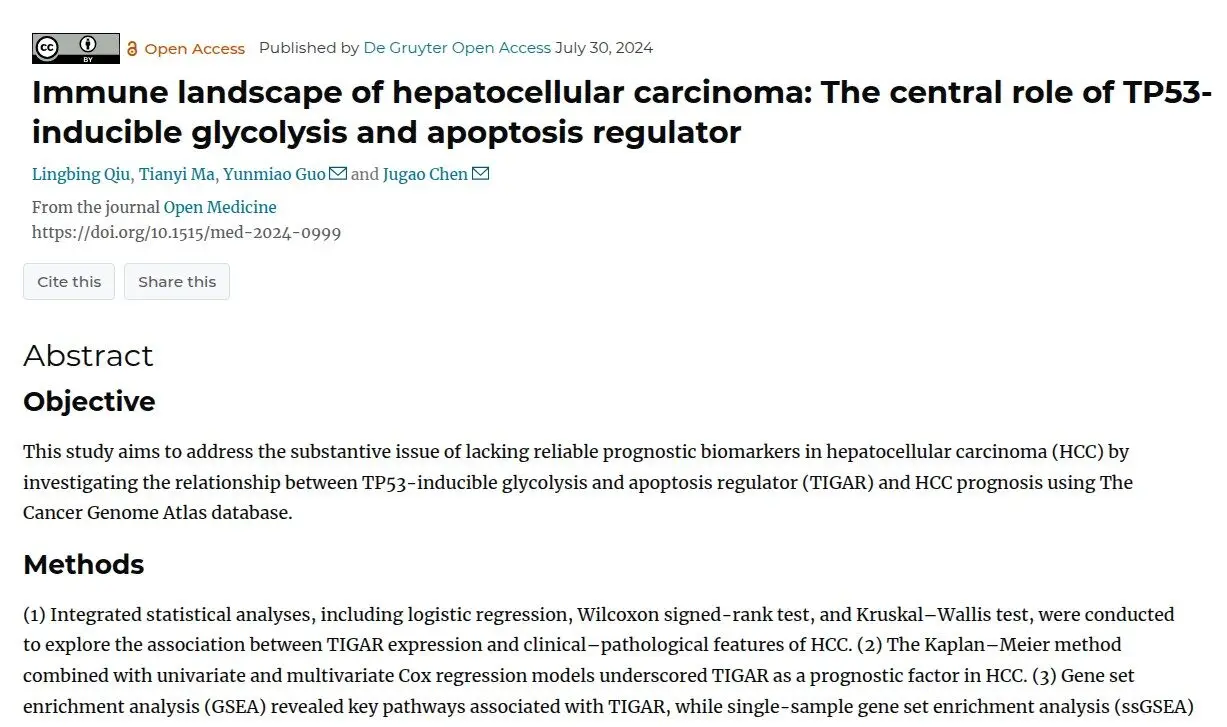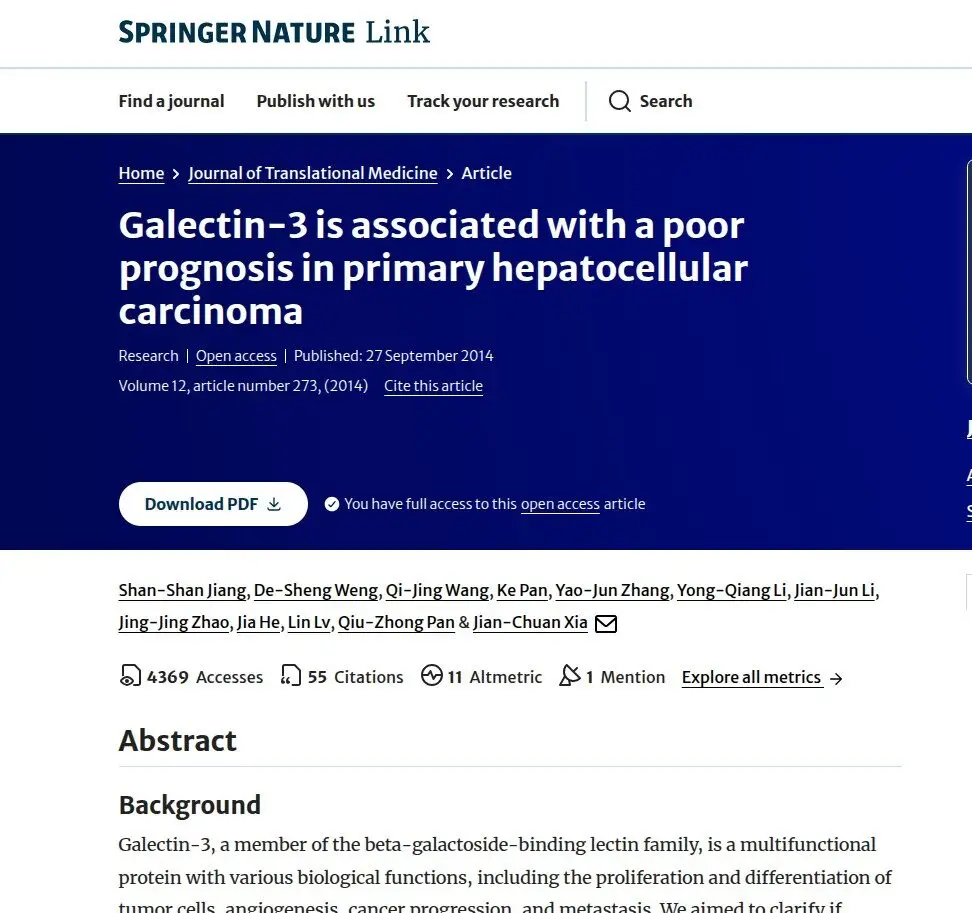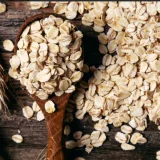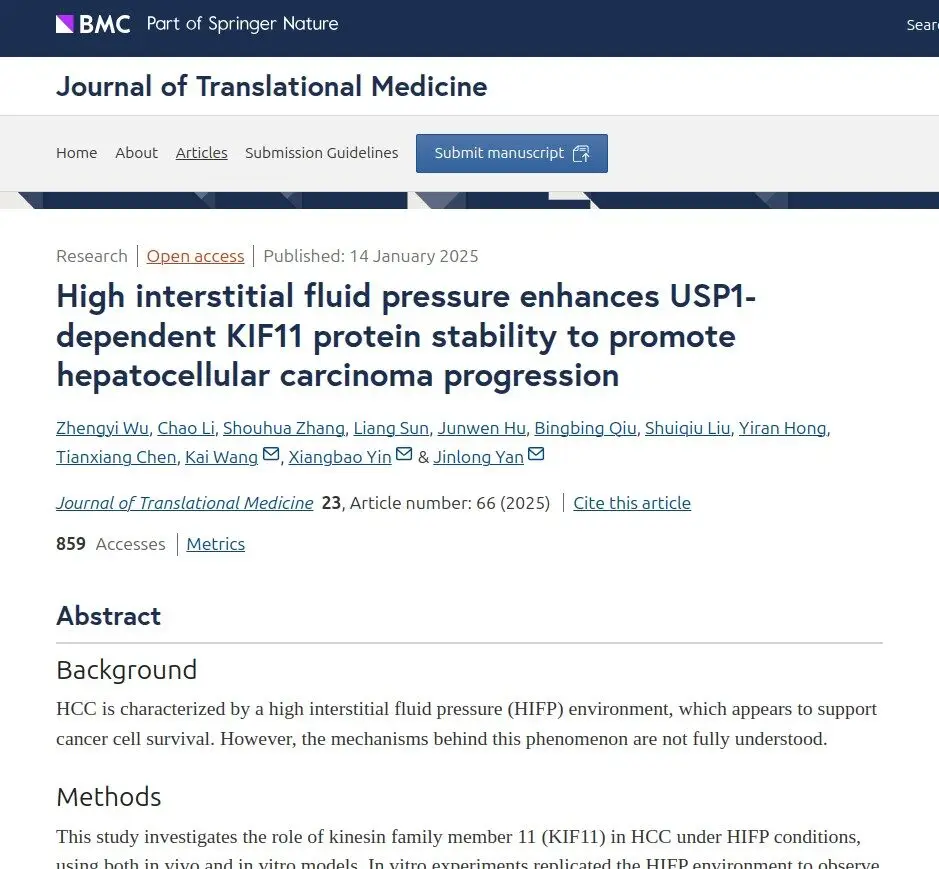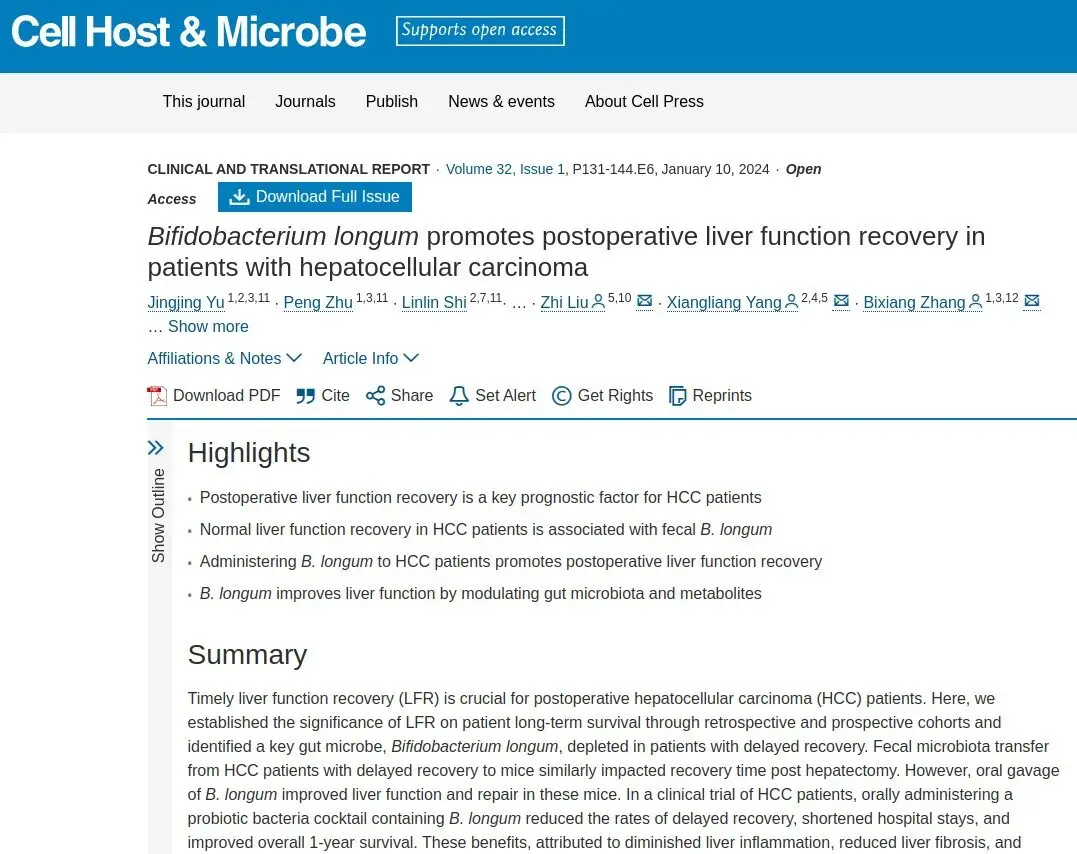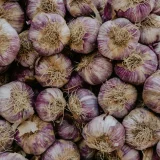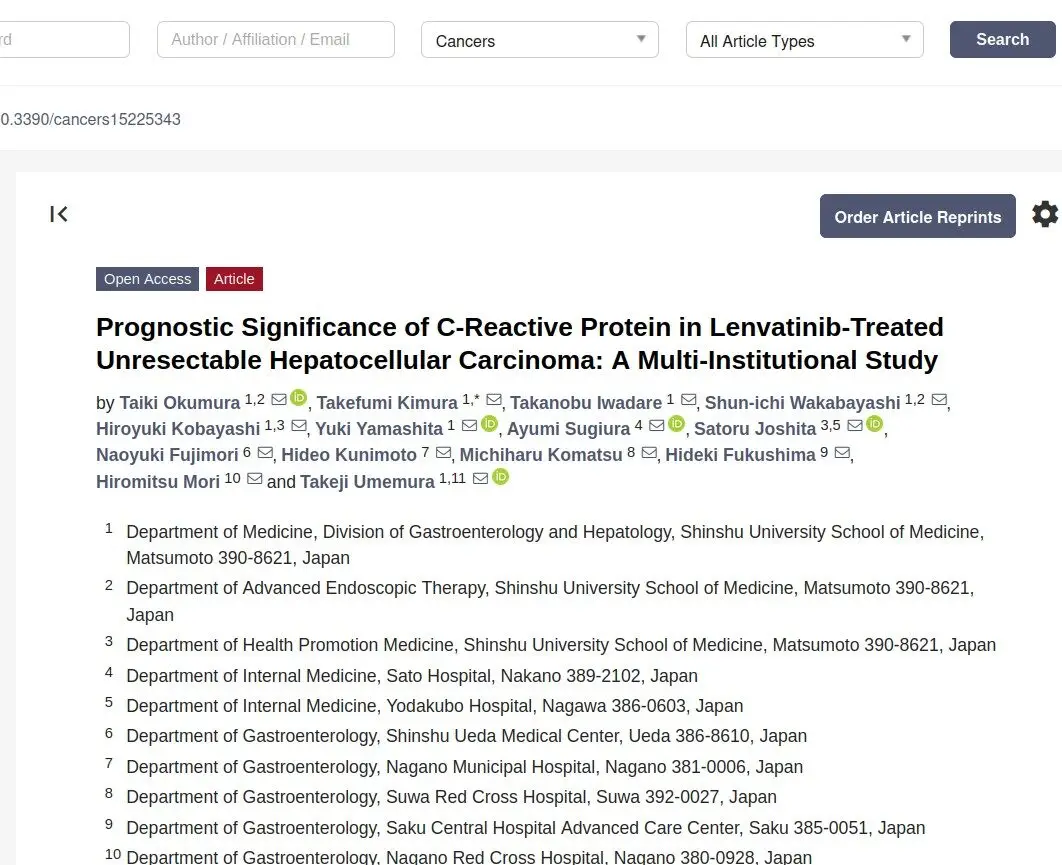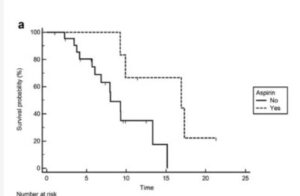Comparing patients during sorafenib therapy (Nexavar, a so called tyrosine kinase inhibitor) has shown much lower side effects in those who took antihistamines. Treatment withdrawal rates due to effects of the oncology drugs were halved, resulting in longer treatment duration. This contributes to much higher response rate and progression free time, on average. In a similar way, patients also taking low dose aspirin, usually around 80mg, are also seen in research studies to have better results for both progression and all cause risks. Including use with sorafenib as first or second treatment, as well as following thermal ablation surgery. And improving all cause risks in another study of patient data during hospitalization. Aspirin even helped protect against the damaging impact of anti-diabetic drug metformin (see Repurposed Drugs)
Those taking statins following surgery, inlcuding transplants,have up to 70% lower risk of cancer recurrence accorind to studies of case data. This has even been confirmed by analysis across multiple research publications. Atorvastatin is the most researched, but when a prescription is lacking, red yeast rice is the readily available supplement source of lovastatin. Another fascinating example is coffee consumption. Beyond its well established risk reduction for liver cancer incidence, there is a remarkable lack of research on its lowering of progression risks. But recurrence rates following liver transplants shows a large benefit for consuming 3 or more standard 8oz cups daily, and commentary in research is increasingly positive on coffee consumption for liver health including cancer.
Consistent positive results come from trials of mushroom extracts containing so called beta glucans, adding these alongside oncology regimes. Examples include lentinan which is from shiitake mushroom, and for remarkably well proven turkey tail. Similarly, well proven and widely available danshen and astragalus, the two most well researched herbal extracts, have large scale analysis across several trials finding both reduced risks and fewer serious side effects. The impact of these supplements is through their ability to protect and balance the immune system.
Study of genetic data and outcomes shows immune system evasion by liver cancer cells involves some specific increases in certain gene activity levels. These can be regulated by vitamin B3, and some compelling pre-clinical research shows this with patient derived liver tumor samples. Along the same line, higher levels of lactoferrin, a prebiotic compound, are reported with slow disease progression rates and lab work on this supports this both as a standalone supplement and with the TKI, sorafenib.
Dysfunctional iron metabolism is common during cancer and with treatments. Liver cancer can utilize extra iron it stores locally to fuel growth, seen in the enzyme like protein marker called ferritin. Lower ferritin levels are clearly linked to improved outcomes in cancer. Conversely iron deficiency is itself reported with poor prognosis. Lactoferrin is a pre-biotic class milk protein which helps restore iron balance, so called homeostatis improving both absorption can healthy use of iron. Also related to metals, incidence and much more aggressive progression rates are linked with high levels of circulating copper. Citrus Pectin can help remove these heavy metals, especially with alginates from brown seaweed. And, has its own anti-cancer evidence both in late stage patient trials and its reported ability to reduce so called galectin-3 protein signaling, shown to increase patient risk.
Many solid tumors, not least liver, have an internal fluid pressure that acts both to push metastatic spread, literally, as well as making it hard for oncology drugs to penetrate. There are ongoling trials in several cancers including colon with funtional oat and egg compounds that both reduce this pressure and can reduce side effects. Selenium is also being researched in this area in kidney cancer. Another well known behavior with much the same results is so called hypoxia, and in liver cancer there is compelling lab work pointing to melatonin use to help reduce this, as well as improving quality of life.
Systemic inflammation is linked with increased risks for progression, especially in later stages. Both acute type inflammatory responses measured by C-reactive protein, and immune system related neutrophil-to-lymphocyte ratios. Maintaining relatively lower levels of both can probably make a significant difference. Commonly used astragalus root is reported to improve immune system balance (lower NLR) while curcumin and other other functional foods including garlic can help bring down “classic” inflammation (and CRP), as can lactoferrins actions. Trials supplementing probiotic b.longum have been beneficial in patients, whilst another gut bacteria akkermansia is suggested to increase immunotherapy responses. Also in metabolism, upregulated amino acid tryptophan is shown to drive progression. A variety of supplement and functional foods have been shown in studies from other fields to reduce these levels.
The so called Th1/Th2 immune system balance is strongly linked to the progression and to treatment resistance. Molecular iodine solutions are emerging in this area in breast cancer management and seen boosting Th1 anti tumor activity and helping suppress over active Th2 used in resistance. The has improved results in surgery plus chemotherapy and may support increased response immunotherapy (see Supplement Library). For immunotherapy the presence of high sodium levels is now identfied as a key marker for success in other cancers. Also in other cancers, AM treatment programs are substantially more effective that PM/evening sessions. And, there are some remarkable results for improving immunotherapy responses using structured exercise regimes (see Lifestyle)
The most common metastatic site is lung, take a look at that for ideas there too. And if receiving immunotherapy, note that research reports better reponses for morning sessions. Also, recent studies in sodium levels link response rates to higher natural levels of circulating sodium during treatment.



